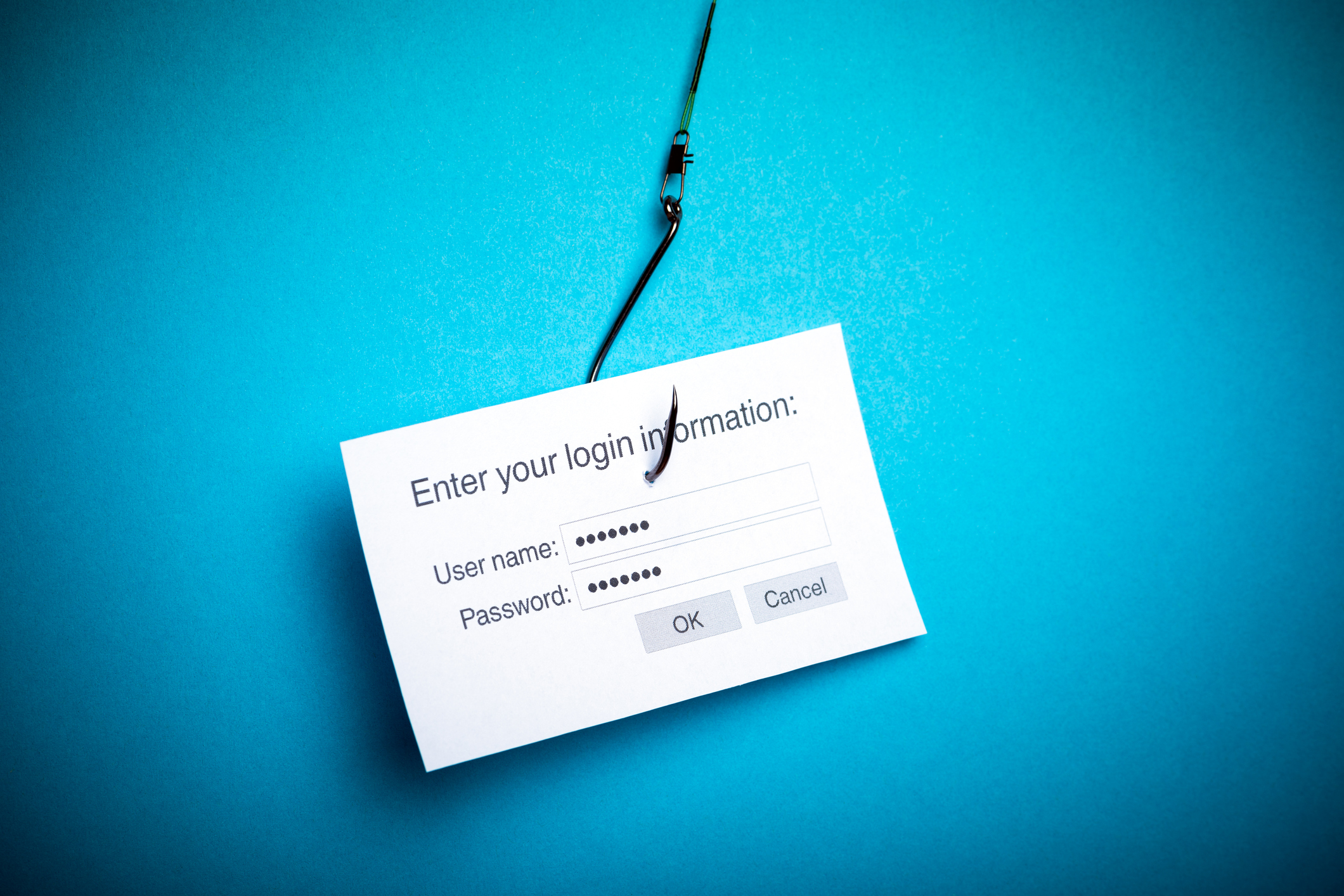Top 5 Phishing Emails to Watch Out For
Don’t Let Phishing Catch You Out – The Top 5 Ways To Spot Phishing Emails & Scams
Scam and phishing emails have been around for as long as the internet has been, and a lot of people fall for them due to their often convincing language and professional look. So, to help you in your battle against the scammers we have compiled a list of the most common phishing scams to look out for.
1. Microsoft say my email is compromised. Help!
Surely this one can’t be true? Wrong! Scams like this can come in the form of different issues with sent items, email configuration issues, and asking for verification. You might be asking yourself why someone would want access to your email and what they could possibly do with that information. Scammers use your email as a portal into your personal life, collecting data from various sites that hold your bank details, like PayPal and Amazon. Things like typos and spelling mistakes are commonplace in these emails and will immediately show signs of being fake. Also be sure to check the email it was sent from, as they are often don’t have the official domain name in them.
2. I’ve received an email from the government asking for money…
Emails from the .gov website have been doing the rounds recently with people trying to gain access to personal data. While these emails might look very official, they are far from it. They will often advertise themselves as official emails stating you have a tax rebate or penalty and ask for your payment information. There are also emails which will lead you to a fake .gov website in which you are encouraged to enter in your personal information. The .gov website has a page dedicated to fraudulent activity, so it is worth keeping tabs on this to keep yourself up to date.
3. I’ve opened an email attachment from an unknown sender…
Malware attacks like this happen when an email is sent to you with a link or attachment. Once you open the attachment or link, it will infect your computer with a virus, malware, ransomware or other harsh programmes that can access your personal data. Whenever you receive an email containing links or attachments from an unknown sender, be extremely careful not to open anything within it. You could fall victim to these awful scams and leave your computer at risk.
4. An email says a friend has shared a file with me…
File sharing is incredibly popular as it is an easy way to access files shared with you from work colleagues or friends. But scammers have exploited this by sending a phishing email stating that they have shared a file with you. After clicking on this, you’ll be lead to a Google login page which looks legitimate, and then you are then redirected to a third-party website. When someone shares a file with you, always double check with them and get confirmation that they sent it. It doesn’t hurt to be extra vigilant in these situations!
5. I clicked on a bad link on Facebook…
Social media is a part of everyday life and you may think that it’s pretty safe to browse – but this isn’t the case! A lot of scammers use websites like Facebook, Twitter and LinkedIn to trick users into clicking links which look to be safe but they are often malicious. Scammers use this to their advantage and launch targeted attacks on users to get their data. It has also been shown that users will routinely fall for these scams more often as they trust the messages being sent through these websites. Using enhanced privacy settings and not accepting friend requests from people you don’t know can help to protect your personal information.
These scams are the top attacks that people report and fall for a lot of the time, but you are able to protect yourself! Be vigilant and educated on the matter so you’re not a victim. The internet can be a scary place and knowing ways to give you extra security can help you in your fight against phishing attacks. We are here to help with your battle against phishing emails, so don’t be afraid to give us a call if you’re worried.
As a trusted IT support service, we can provide impartial advice on the best way to protect your business from phishing scams throughout Burgess Hill, Crawley, or the surrounding area. If you want to know learn more about our IT Helpdesk services, or any of the business IT support that we offer, give us a call on 01444 238070 or contact us and we will be happy to help.






